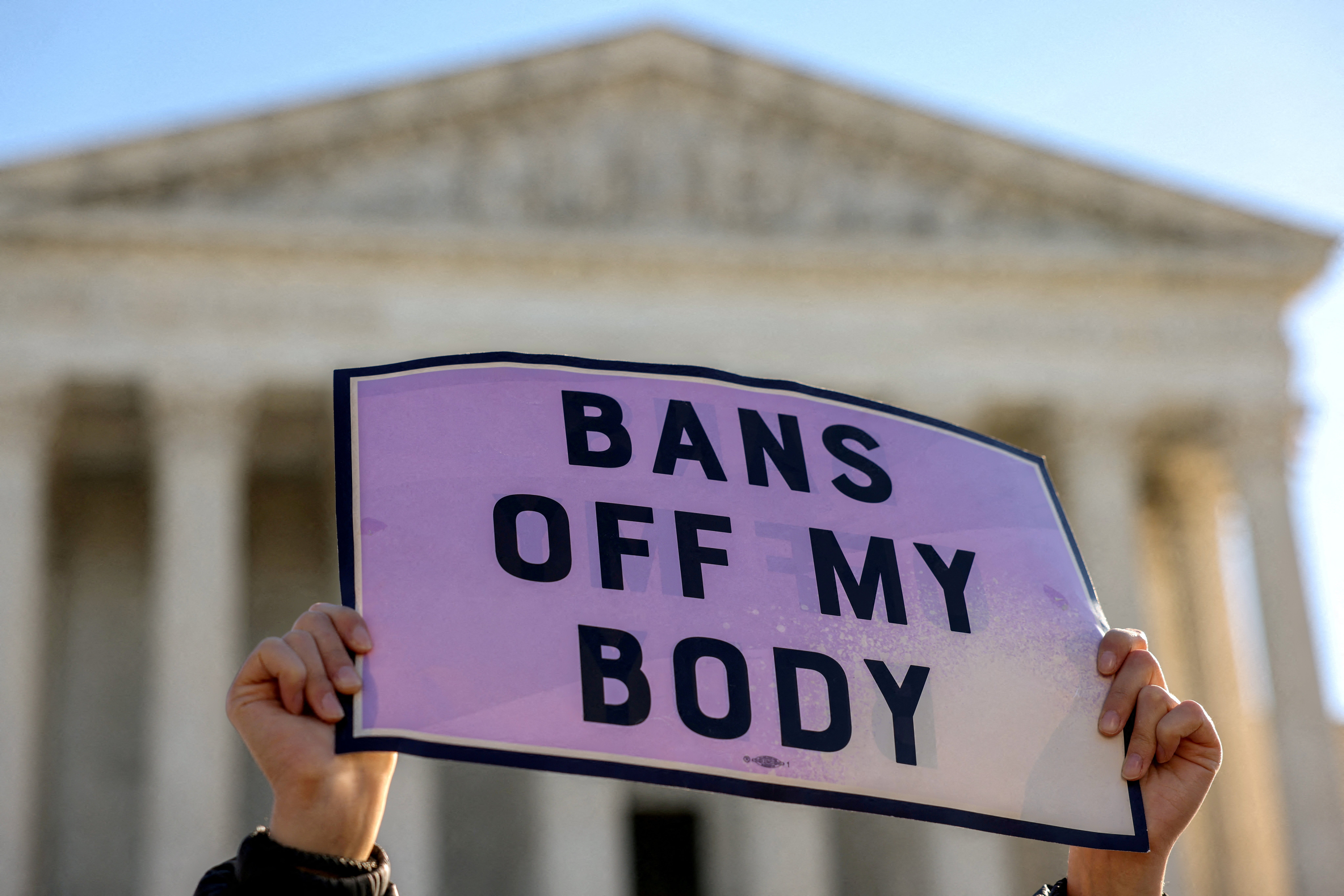Government must stop treating women ‘like children’ and allow at home medical abortions, MPs warn
‘Despite the best attempts to scare, telemedicine has been shown to be safe, secure and preferable for many patients for a variety of reasons,’ Stella Creasy says

Your support helps us to tell the story
From reproductive rights to climate change to Big Tech, The Independent is on the ground when the story is developing. Whether it's investigating the financials of Elon Musk's pro-Trump PAC or producing our latest documentary, 'The A Word', which shines a light on the American women fighting for reproductive rights, we know how important it is to parse out the facts from the messaging.
At such a critical moment in US history, we need reporters on the ground. Your donation allows us to keep sending journalists to speak to both sides of the story.
The Independent is trusted by Americans across the entire political spectrum. And unlike many other quality news outlets, we choose not to lock Americans out of our reporting and analysis with paywalls. We believe quality journalism should be available to everyone, paid for by those who can afford it.
Your support makes all the difference.The government must stop treating women “like children” and permanently allow at home early medical abortions, MPs and health professionals have said.
Abortion rules changed after Covid hit the UK in March 2020, with the government allowing abortion pills to be sent via post to be taken at home after a phone consultation.
The new system – referred to as “telemedicine” – was due to run out on 25 March but the government declared a six-month extension for at home early medical abortions earlier in the month.
MPs are now set to vote on whether to make telemedicine abortion services permanent on Wednesday.
It comes after Baroness Sugg, a Conservative peer, proposed a new amendment to the government’s Health and Care Bill, to ensure at home early medical abortions do not stop in September and are rolled out permanently. Her amendment passed in the House of Lords earlier in the month.
Clare Murphy, chief executive of the British Pregnancy Advisory Service (BPAS), told The Independent: “We welcome the vote. MPs have the opportunity to prevent the recriminalisation of women who use abortion medication at home and secure their ongoing access to safe, effective reproductive healthcare.
“We know this service – which is endorsed by the World Health Organisation and was recently made permanent in Wales – assists women in the most challenging circumstances the most. We look forward to continuing to provide this care to all women who need it.”
Having a medical abortion involves taking two tablets. Prior to the pandemic, getting the first tablet, mifepristone, required a visit to an abortion clinic.
Stella Creasy, a Labour MP who is an outspoken campaigner for abortion rights, is one of many MPs calling for telemedicine abortion services to be made permanent.
“The government is being put under pressure to restrict access to abortion for women despite the overwhelming medical and public support for this service,” the MP for Walthamstow told The Independent.
“Despite the best attempts to scare, telemedicine has been shown to be safe, secure and preferable for many patients for a variety of reasons – it’s time to trust women and ensure they can make the right choices for themselves when it comes to their own medical care”.
The British Pregnancy Advisory Service notes if abortion services reverted to how they were before telemedicine was introduced, the service would be likely to see a 43 per cent rise in abortions being carried out after 20 weeks of pregnancy. About half of all abortions are delivered via telemedicine.
Jess Phillips, the shadow minister for domestic violence and safeguarding, said: “I’d say all women’s health experts, clinical experts and those of us who work with vulnerable women have said that the telemedical abortions should be continued.
“Women should be trusted and be able to receive healthcare at home rather than travelling miles to be supervised like children while they make choices about their bodies.”
Since the new abortion system was implemented after the pandemic hit, over 40,000 women across the UK have had safe early medical abortions after having a remote consultation via phone.
The UK’s largest study into abortions previously found at home early medical abortions pose no greater risk and allow women to have the procedure much earlier on in their pregnancy.
Louise McCudden, of MSI Reproductive Choices, another leading UK abortion provider, said: “Following the government’s announcement of their intention to ignore clinical guidance and remove the option of early medical abortion at home, our hopes now sit with our elected MPs.
“From the World Health Organisation to the US Food and Drug Administration, to the government in Wales there is a consensus that abortion pills can be safely taken at home. However, despite the evidence being the same, in England, this option is denied.”
Ms McCudden urged people to write to their MP or send them a tweet “reminding them” the UK is a pro-choice nation as she noted “the overwhelming majority of women want this service to stay”.
She added: “And we call on MPs to listen to the evidence, the guidance of medical bodies and to women, and vote in favour of the amendment, which would make telemedicine available permanently.”
Subscribe to Independent Premium to bookmark this article
Want to bookmark your favourite articles and stories to read or reference later? Start your Independent Premium subscription today.



Join our commenting forum
Join thought-provoking conversations, follow other Independent readers and see their replies
Comments